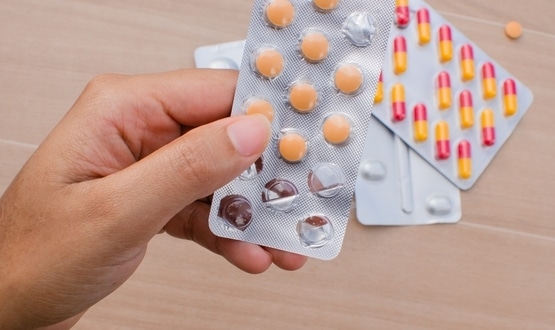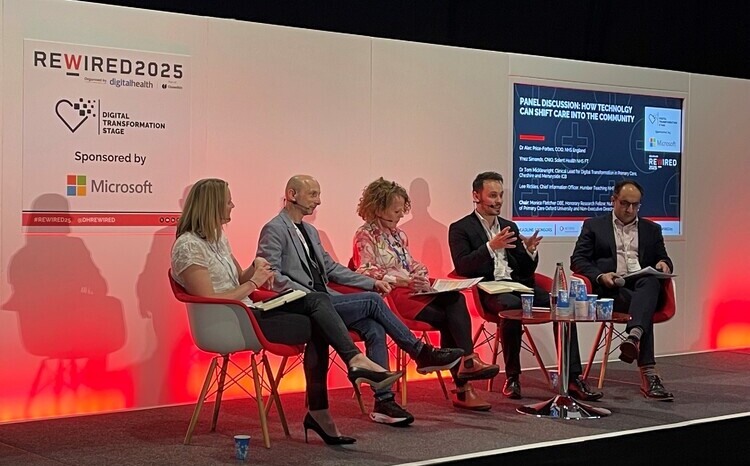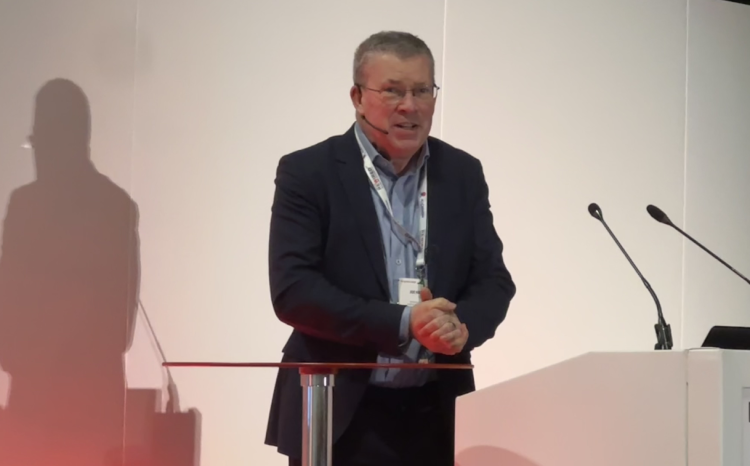iPLATO launches medication adherence tool to myGP app

iPLATO has launched a new tracking tool with the myGP app to help people be more proactive with their medication adherence with reminders, alerts and tracking solutions.
By empowering patients to take control of their daily medications and support them in taking them accurately, not only can patient health outcomes be improved but significant cost savings can be realised.
Patients who are managing long-term chronic diseases may have more challenging medication regimes, so the new app functionality can help them remain observant.
According to one study published in the BMJ, the associated cost of non-adherence to five key conditions – asthma, type 2 diabetes, high cholesterol/coronary heart disease, hypertension and schizophrenia – is estimated to be over £930 million.
If better medication adherence could be instilled, the estimated annual savings would be £500 million as a result of fewer wasted medicines and less need to treat worsening patient health.
The new feature of the myGP app supports patients through flexible in-app reminders. The app allows for communication between clinicians and patients where required and includes alerts, notifications and self-learning modules.
Dr Harriet Leyland, clinical advisor at myGP, said: “Medication adherence is crucial for managing ill-health. People living with chronic illness are particularly susceptible to poor adherence due to the number of medications they may have to take each day.”
She continued: “myGP’s medicine reminder and tracking features supports patients to take their medicines, improving their adherence, supporting the reduction of medicine wastage whilst delivering better health outcomes.”
iPLATO was acquired by Huma back in January 2022 and the Huma app has recently received the EU MDR Class IIb certification.
In September this year, iPLATO announced a number of NHS App integrations for GP practices, including keyword replies and triage within the NHS App, along with key improvements to its remote consultation toolbar. It is estimated that the NHS could make cost savings of up to £18 million a year as a result.





